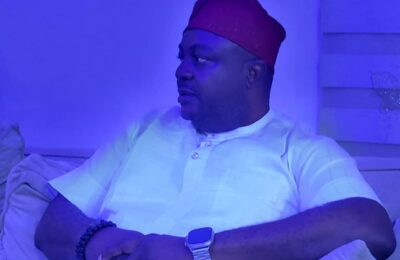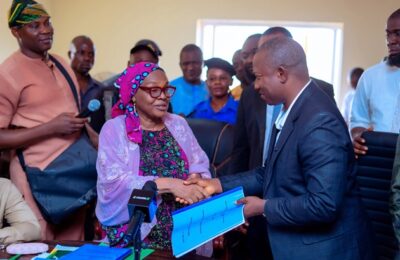Abraham Lincoln once defined democracy as “government of the people, by the people, and for the people.” But in Nigeria, democracy has been twisted into its opposite: government of the powerful, by the powerful, and for their chosen heirs. What should be a covenant of freedom has become a cartel of imposition, a theatre where the people weep while power crowns its loyalists.
The tears of the masses are the true anthem of this democracy. Across villages, towns, and cities, Nigerians queue under the burning sun to cast their votes, but their ballots are nothing more than ceremonial ink. Like water poured into a basket, their choices never hold. By the time the results are announced, the people are left to clap for leaders they never chose.
Political parties, once envisioned as platforms of ideology, have degenerated into war machines. In the words of one Nigerian commentator, “Our parties now behave like terrorist organisations—no different from the Talibans—using fear, coercion, and manipulation to impose obedience.” Candidates are not selected through merit but through the ruthless logic of loyalty, patronage, and sometimes outright violence. In such a climate, democracy becomes a hostage situation.
This betrayal is not just abstract; it bleeds into the daily life of the ordinary Nigerian. Recently, a woman went for medical check-up in a hospital. A drug was prescribed for her treatment. But the hospital pharmacy did not have it. She went around the town to buy it, only to be told by every drug store that they had never heard of its name. Yet, the sickness that the drug was meant to cure was painfully real and present. That is Nigeria’s democracy: a system where the sickness of misrule is visible everywhere, but the cure—the true will of the people—is nowhere to be found.
The question then arises: what is the hope of the common man? For many, democracy has become a cruel mirage, an endless chase for water in a desert where thirst only grows deeper. Leaders installed by political godfathers feel no obligation to the masses; they are accountable only to those who enthroned them. Thus, the common man’s vote becomes a ritual without reward, a voice drowned in the marketplace of power.
As Nobel Laureate Wole Soyinka once declared, “Only in Nigeria do we elect our tormentors.” The cycle of power continues, where politicians recycle themselves and their protégés, while the masses are left in a perpetual wilderness of despair.
And yet, in this wilderness, Nigerians still nurse a fragile hope. Civil society activists, young voters, and voices from the grassroots continue to push back against the stranglehold of the elite. They demand reforms, transparency, and accountability. They remind the nation that true democracy is not about coronations in smoky rooms but about the people’s consent expressed freely and fairly.
Until then, Nigeria’s democracy remains a paradox: a government that wears the garment of freedom but carries the soul of tyranny. It is a democracy where power chooses its successor, where political parties act like terror cartels, where the tears of the masses flow without comfort, and where the sickness of misrule lingers without a cure.
– Inah Boniface Ocholi writes from Ayah – Igalamela/Odolu LGA, Kogi state.
08152094428 (SMS Only)




